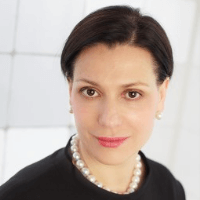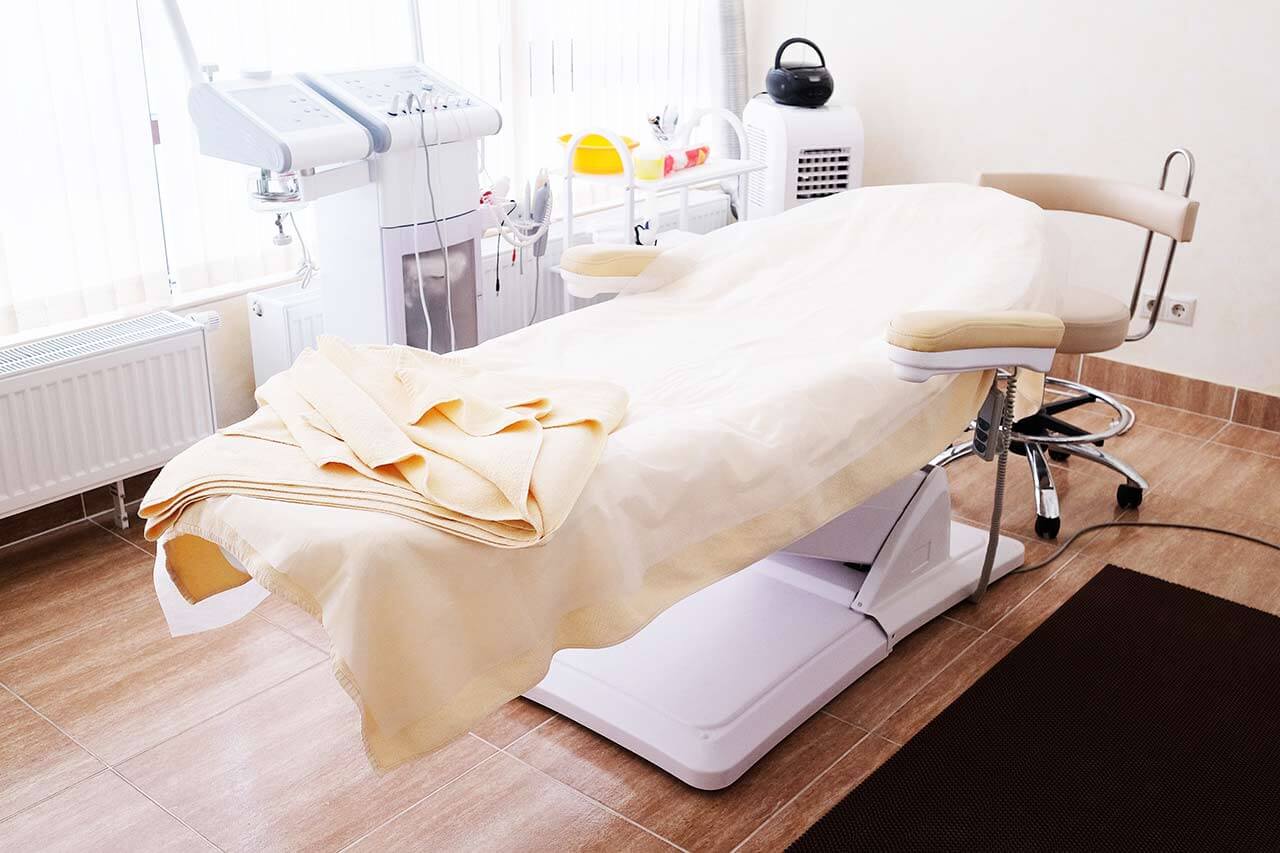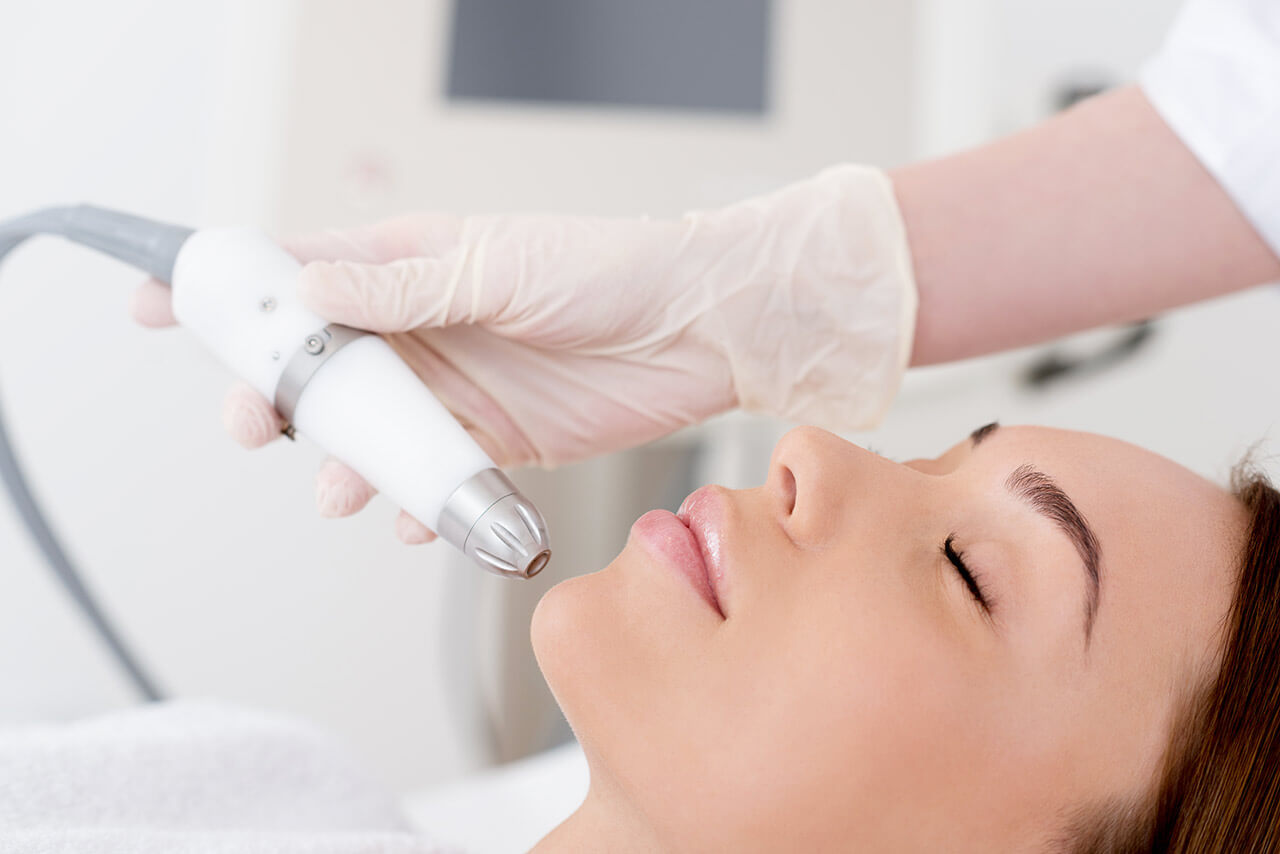
The program includes:
- Initial presentation in the clinic
- clinical history taking
- review of medical records
- physical examination
- laboratory tests:
- complete blood count
- biochemical blood test
- inflammation markers (CRP, ESR)
- blood coagulation analysis (aPTT, PT, INR)
- ophthalmological examination:
- slit lamp examination
- ophthalmoscopy
- visometry (without correction and with correction)
- keratometry
- biopsy with histological study
(if indicated clinically, additional cost is 2500€) - nursing services
- services of chief physician and all leading experts
- explanation of individual treatment plan
Required documents
- Medical records
- Biopsy results (if available)
Service
You may also book:
 BookingHealth Price from:
BookingHealth Price from:
About the department
The Department of Dermatology at the Clinic Dr. Brenner offers a wide range of medical services in the treatment of skin diseases.
The service range of the department includes:
Dermatology
Common skin diseases:
- Fungal diseases (dermatomycoses)
- Psoriasis
- Acne Vulgaris
- Hair diseases
- Neurodermatitis / eczema
- Venous disease / ulcer
- Diseases of the peripheral vessels
- Lymphatic diseases
- Skin tumors
Skin cancer prevention
For the most quality diagnosis, the specialists of the clinic offer the latest examinations, corresponding exclusively to professional medical standards: using a light microscope or in the form of video documentation.
In addition, the clinic offers computer microscopic video documentation of individual moles with the so-called photodetector.
In this case, images of individual moles are saved. In control examinations, it is possible to compare images and detect even minimal changes in the corresponding moles.
The doctors of the clinic strongly recommend a method of video documentation for examining patients with an increased risk of developing skin cancer.
Benign and malignant skin neoplasms
Benign skin neoplasms do not require additional diagnostic analysis and only in rare cases there can be carried out a cytological or histological analysis of the mass to clarify the diagnosis. The need for neoplasm removal is revealed during the consultation. Depending on the type of the neoplasm, there can be chosen the most appropriate removal method. This can be done by laser. Such operations are usually performed on an outpatient basis under local anesthesia. Depending on the method of removal and type of the neoplasm, this procedure can last from 5 minutes to 1 hour.
Malignant skin tumors can be divided according to epithelial origin (basal cell carcinoma and squamous cell carcinoma) and according to melanocytic origin (melanoma).
The main factor that increases the risk of skin cancer is light radiation. The disease can be caused by sunburn in sunbeds, exposure of the skin to chemical carcinogens (arsenic, chromium, etc.), Bowen's disease, keratoses.
The most common method of treating skin cancer is a total surgical removal of the affected area. The removed tissues should be subject to a histopathological study. When treating nascent foci on the surface, sometimes it is enough to apply a strong cold - treatment with liquid nitrogen.
After surgical removal of the aforementioned lesions, the wound usually closes with a subcutaneous suture and an additional suture. The additional measures, such as the use of a skin graft, are needed only in rare cases.
The risk of surgery in the above procedures is generally low, as this is a superficial intervention.
Diagnostic methods in dermatology
1. General examination of the skin
2. Light microscopy (dermatoscopy)
3. Special examinations:
- Sampling and histopathological examination
- Skin and intradermal tests for allergic diseases
- Mycological, bacteriological, virological and serological methods of examining skin diseases caused by various pathogens
- Immunofluorescence in autoimmune diseases
- Angiologic test for detecting circulatory disorders
- Proctologic examination in rectal diseases.
Skin examination
Skin cancer prevention should be regular.
It includes a detailed study of skin condition from head to toe. If necessary, examination with a microscope (dermatoscopy). Thus, suspicious changes can be detected and timely eliminated.
Allergy testing
The clinic carries out various tests, which help to identify the allergen that causes unwanted reactions in the body.
Based on the results, doctors can prescribe a specific course of treatment for the patient.
There are carried out the following allergy tests:
- Skin prick test
- Intradermal test
- Patch test
- Blood test
Bioidentical hormone therapy
Diagnosis and treatment of hair
Aesthetic procedures
- Lip injections
- Wrinkle treatments
- Eyelid lift
- Peeling
- VBeam perfecta (laser)
- LPG massage
- Liposuction
- Lipotransfer
Vein diseases
- Ulcus cruris
- Chronic venous insufficiency
- Thrombosis
- Heavy feeling in the legs
- Thrombophlebitis
- Varicose
- Spider veins
- Hemorrhoids
- Intermittent compression
Laser medicine
- Acne
- Skin rejuvenation
- Wine stains
- Hair removal
- Laser ablation
- Spider veins
- Varicose veins
- Dark spots
- Fractional-Co2-Laser
Surgeries
- Skin surgery: birthmarks, tumor removal,
- Vascular surgery: removal of large varicose veins, endoluminal laser surgery
- Surgery to treat hemorrhoids: laser, Milligan-Morgan, sclerotherapy
- Aesthetic surgical procedures: liposuction,
- Eyelid lift
Photodynamic diagnostics (PDD) and therapy (PDT)
Photodynamic therapy (PDT) can eliminate malignant neoplasms in their initial stage without surgery and scarring.
The affected skin areas are sensitised to a specific wave of a visible light spectrum. This therapy results in the rejection of affected skin cells and their replacement with healthy and fresh ones. Usually, the therapy does not leave any scars.
This modern treatment approach can be used for basal cell carcinoma (basalioma) and for actinic keratosis.
Actinic keratosis causes skin damage, which in the future, often many years later, can develop into other types of skin cancer. Therefore,it is necessary to undergo preventive treatment. The PDT is the only available method of treatment, which for the first time made it possible to treat largely affected skin areas.
How is the PDT carried out?
First superficial crusts are removed and a special cream is applied to sensitise the skin cells for the following light irradiation. After the cream has been left to absorb for several hours under sheeting, the affected skin is radiated with cold red light. During the procedure the patient can feel tingling and sometimes pain, therefore a pain-relieving medicine is administered in advance.
What is the follow-up?
After the procedure the patient should avoid strong sunlight. There can develop reddening, swelling and incrustation. In most cases, these side effects are gone after 1-2 weeks. Then sick cells are replaced with a healthy tissue. Usually, no scars can be seen and depending on the development the second treatment can be recommended.
Immunmodulation
A normal functioning of the immune system is the key to our health and efficiency. More and more people suffer from infections too often and not only during the usual cold in the winter months. This indicates a greater, than commonly believed, weakening of protection.
The body's defenses protect it from harmful microorganisms, such as bacteria, viruses and fungi, cancer cells. Unbalanced nutrition, bad habits and toxins from the environment, as well as stress and emotional conflicts weaken our immune system.
Proctology
- Prevention
- Outpatient treatment
- Rectal diseases
Photo of the doctor: (c) Praxis Dr. Med. Natalia Brenner
About hospital
The Clinic Dr. Brenner in Bonn, Bad Godesberg, is very popular among both German and foreign patients. It offers the full range of medical services for the treatment of skin diseases.
Based on the use of high-tech medicine, conservative and holistic methods, the concept of treating skin diseases makes this clinic a unique one in the field of dermatology.
The Dr. Brenner’s Clinic is known as a training center for doctors in the field of laser medicine, phlebology and aesthetic medicine. The main focus areas include phlebology (vein diseases), lymphology, aesthetic dermatology, laser medicine, regenerative medicine and unique immunomodulation in chronic and inflammatory diseases.
Photo: (c) depositphotos
Accommodation in hospital
Hotel
You may stay at the hotel during the outpatient program. Our employees will support you for selecting the best option.




